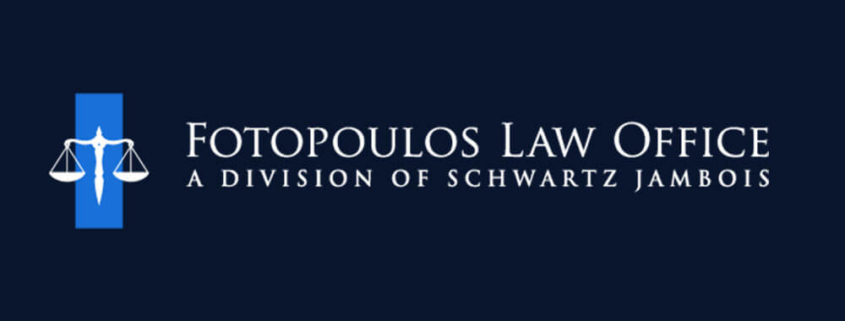Understanding Illinois Hate Crimes and Their Consequences
In the past couple of years, law enforcement officers and legislative officials have focused more attention on hate crimes. More time, energy and resources have been put into thorough investigations of hate crimes, and laws have been made even more strict than before. In Illinois, officials do not have a tolerance for hate crimes and often punish offenders to the fullest extent of the law. Though every situation is different, a hate crime committed in Illinois is charged as a felony offense, which means you face serious consequences if you are convicted. Dealing with accusations of a hate crime can be daunting, which is why retaining counsel from a skilled Illinois criminal defense attorney is crucial.
What is Hate Crime?
In simple terms, a hate crime occurs when a person commits a crime against another person or group of people because of that group or person’s perceived race, color, religion, gender, sexual orientation or physical or mental disability. Often, the type of actions that are committed against people in a hate crime is violent in nature and can include crimes such as:
- Assault or aggravated assault
- Battery or aggravated battery
- Intimidation
- Stalking
- Theft
- Criminal trespassing
- Criminal damage to property
- Disorderly conduct
- Harassment through electronic transmission
Illinois Sees Rise in Hate Crimes, Despite National Drop
Sadly, hate crimes are not uncommon in Illinois. In fact, Illinois saw an increase in the number of hate crimes that occurred between 2017 and 2018, while national statistics saw a slight decrease. Nationally, hate crimes dropped from 7,171 in 2017 to 7,120 in 2018. Illinois, however, saw an increase from 89 hate crimes committed in 2017 to 125 in 2018.
Consequences for a Hate Crime Conviction
You face serious penalties if you are convicted of a hate crime in Illinois. At its base, a hate crime is charged as a Class 4 felony for a first offense, meaning you face a minimum of one year and a maximum of three years in state prison and up to $25,000 in fines. A second or subsequent conviction of a hate crime will result in a Class 2 felony, meaning you face three to seven years in state prison.
A sentence of probation or conditional discharge is also possible if you are convicted of a hate crime, though there are stipulations to that type of sentence. If you receive probation or conditional discharge, you will be required to perform a minimum of 200 hours of community service and enroll in a certified educational program that is designed to educate you about the status of the victim of the hate crime and discourage you from further hate crimes.
A Knowledgeable Cook County Hate Crime Defense Lawyer Can Help
Being accused of a hate crime is a very serious situation, but being convicted of a hate crime is even more serious. If you are convicted of a hate crime in Illinois, you will then be labeled as a felon and be subject to all the penalties that come along with that. At the Fotopoulos Law Office, we understand the gravity of a hate crime accusation and will fight for your innocence. Call our skilled Tinley Park, IL, hate crime defense attorneys today at 708-942-8400 for a free initial consultation.
Sources:
Hate Crimes Rise In Illinois
(720 ILCS 5/12-7.1) (from Ch. 38, par. 12-7.1)
Incidents and Offenses









Leave a Reply
Want to join the discussion?Feel free to contribute!